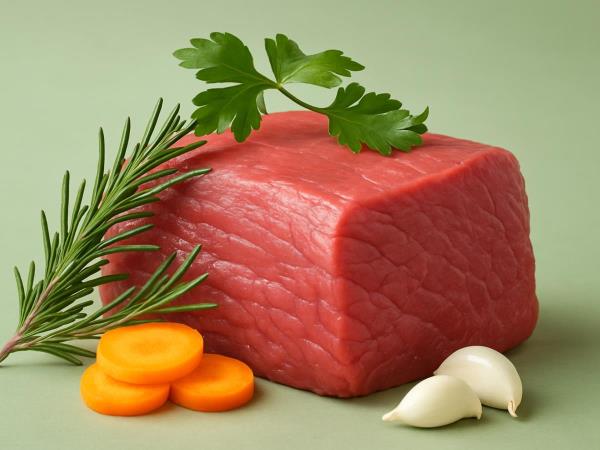All living beings on Earth are made in such a way that we need iron. Iron binds oxygen and transports it to the cells. Too little iron causes anemia, weakness, a feeling of fatigue, decreased immune system, anemia… Iron deficiency can cause permanent damage. The reference values for the daily required amount of iron are 30 to 400 for men, and 3 to 150 mg / l for women.
Scientists became interested in iron when, in 2001, a large study in the USA analyzed 1000 people and found that 3% had an iron deficiency, while 13% had too much iron. And in those with too much, they found a significantly increased risk of developing diabetes (even 3 times more than usual). Free iron is very destructive, it damages cells and tissue, causes cirrhosis, heart arrhythmias, Alzheimer’s disease, and increases bacterial and viral infections. Increased iron is also associated with acute hepatitis, and iron and lead poisoning are quite common.
Since the human body has a limited ability to excrete iron (mostly through the skin, digestive tract, and menstruation), the excess accumulates relatively quickly in the liver, heart, pancreas, and some other endocrine glands. Interestingly, one of the most common reasons for iron accumulation in the blood is frequent alcohol consumption, which increases iron absorption from food. This is good to know in cases where you are anemic (besides steak, a glass of wine is an excellent pair).
In addition to alcohol, cooking food in iron pots also increases the level of iron, especially for acidic foods. Processed and canned foods, grains, all types of bread also raise iron levels, and you should be careful with multivitamin and multimineral supplements as well.
How to control iron levels?
Vitamin C also accelerates iron absorption, so be careful with fruit juices, and especially do not combine vitamin C with meat dishes or foods rich in iron. The combination of this vitamin and iron significantly increases the risk of heart disease, cancer, and cataracts.
Olive oil also increases absorption, and among spices, the most effective are anise, cumin, and mint tea.
On the other hand, green tea, milk, eggs, soy, and coffee reduce iron absorption, and many doctors prescribe aspirin to patients because it increases the production of ferritin, a protein that binds to free iron molecules and prevents their oxidation.
And an interesting fact… So far, the most effective method for reducing iron in the blood is blood donation.
Datum: 21. OCT 25 - GOOD TO KNOW
What does too little and what does too much iron mean
Iron is considered an essential substance that has a strong impact on our health. But it seems that too much iron is more dangerous than a deficiency.
(FW)
 Would you like to be informed about news on the website?
Would you like to be informed about news on the website?
Just enter your e-mail
Iron deficiency
Iron absorption
Excess iron
Iron levels
Iron and health
|
Copyright (c) Foodwhisper.com March 2018 |
π | Contact: info@foodwhisper.com |
About us | Facebook |  |









